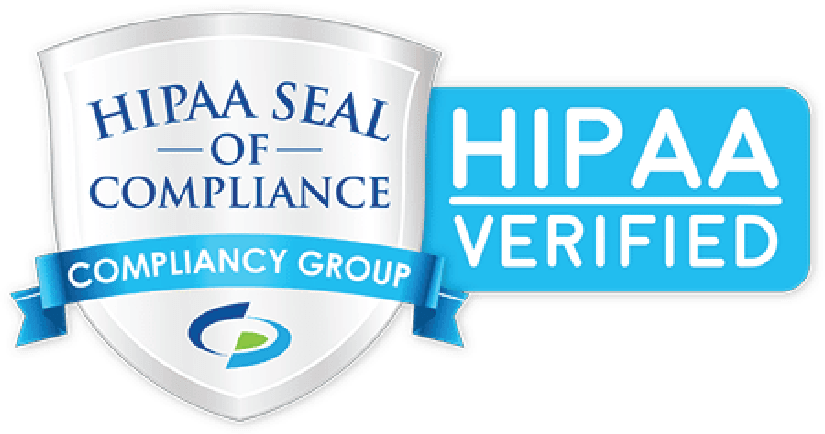Since January’s announcement that Amazon, JP Morgan and Berkshire Hathaway would come together to form a healthcare company specifically for their employees, speculation about Amazon’s possible future role in the American healthcare industry has run rampant. On June 28th, a further indication of Amazon’s intent to move into healthcare came in the form of reports that the online retail giant would acquire PillPack, a virtual pharmacy company based in Manchester, New Hampshire.
PillPack’s History and Business Model
PillPack is a fairly new company, having only been founded in February of 2014. The company provides a mail-order pharmacy service, allowing its customers to have their medications conveniently delivered on a bi-weekly basis. One unique aspect of the PillPack model is the fact that medications are delivered pre-sorted and labeled for specific times, making it simpler for patients to keep track of their medication schedules.
Details of the Acquisition
As of yet, precise details of Amazon’s acquisition of PillPack remain elusive. It has been revealed, however, that Amazon paid just under $1 billion for PillPack. The virtual pharmacy’s last known valuation, reported after a funding round that took place in 2016, was approximately $361 million. It is also known that Amazon was not the only commerce giant eyeing PillPack, as reports from April indicated that Walmart was also seriously considering an acquisition of the company for a similar price to that ultimately paid by Amazon.
The Effects of the Acquisition on Large Healthcare Companies
Following the June 28th announcement of PillPack’s acquisition, shares of more traditional healthcare companies, particularly major consumer pharmacies, suffered heavy losses. Walgreens Boots Alliance, CVS and Rite Aid collectively lost more than $14.6 billion in share value on speculation that they may soon be brought into direct competition with Amazon. Market sentiment toward these traditional pharmacies was best demonstrated by analysis firm Evercore ISI’s subsequent downgrade of Walgreens. Evercore ISI justified the downgrade specifically by referencing the PillPack acquisition as a development that would make Walgreens unlikely to outperform the market.
Is PillPack the Start of Amazon’s General Push Into Healthcare?
More important than any other question raised by the PillPack acquisition is whether it is a standalone event or Amazon’s first step into a broader presence in the healthcare marketplace. Thus far, the available evidence seems to point toward the latter conclusion. The fact that the acquisition of PillPack coincides with the creation of Amazon’s joint health company with JP Morgan and Berkshire Hathaway, as well as its push to gear Alexa skills toward healthcare applications, indicates that the move is part of a broader healthcare strategy.
Historically, Amazon has used acquisitions to support its growth into new sectors. Last year’s acquisition of Whole Foods, for example, greatly increased Amazon’s presence in the grocery industry and positioned it to possibly become the largest grocer in the United States over the next decade. In 2008, the acquisition of Audible helped propel Amazon’s then-new Kindle platform to dominate the US audiobook market, of which it now controls 41 percent. Given this pattern of strategic acquisitions, it seems reasonable to assume that purchasing PillPack is the first step in a larger plan for Amazon to break into the healthcare industry.
What Amazon’s Healthcare Presence May Look Like
Because no concrete details of Amazon’s overall healthcare strategy are known, it is difficult to predict just what direction the company will go. One thing that seems clear is that Amazon’s approach to healthcare will be heavily data-driven. By combining the massive stores of customer data from its own platform and information about food purchases from Whole Foods, Amazon may soon be able to create personalized recommendations for health products, such as vitamins, supplements and over-the-counter medicines. Data garnered from PillPack customers may also go a long way toward giving Amazon an edge when it comes to recommending these products, though customers would have to actively opt into receiving these recommendations for Amazon to remain HIPAA compliant.
Although data-driven product recommendations are certain to be one part of Amazon’s approach to healthcare, there are indications that the company’s presence in the industry may go far beyond suggesting over-the-counter medications. PillPack, of course, gives Amazon the ability to distribute prescription medications in all 50 states. Earlier this year, Amazon also hired Martin Levine, a former practicing physician and clinic director for Iora Health. Though Mr. Levine’s role at Amazon remains unclear, his background in clinical medicine suggests that Amazon may be exploring a model that would allow it to provide healthcare services directly to patients.
How Amazon Could Impact the Healthcare Industry
The overall effect Amazon will have on the healthcare industry depends heavily on just what services it ultimately ends up offering and how deeply it invests in the healthcare division of its business. By combining its existing wealth of commerce knowledge with PillPack’s innovative prescription delivery model, Amazon is widely expected to help bring down the cost of prescription drugs. Though a reduction in drug prices could certainly benefit consumers, it would also put pressure on smaller pharmacies and healthcare companies that may struggle to compete with the prices Amazon can achieve through sheer scale.
Amazon’s healthcare foray could also have a major impact on pharmaceutical research. With its ability to collect and interpret massive amounts of data, Amazon could potentially identify side-effects of drugs that go unnoticed in clinical trials. Similarly, Amazon could identify harmful drug interactions much more easily than current methods allow. These applications of the company’s data-gathering abilities may help to improve patient outcomes.
What to Watch for Next
It may be some time before Amazon’s plans for the healthcare market become entirely clear. Companies that do business in this area, though, need to keep up on the developments that unfold as Amazon expands into healthcare. The best indicator of Amazon’s future to watch at the moment is the development of its joint healthcare company with Berkshire Hathaway and JP Morgan. Since that project will likely be the proving ground for future consumer healthcare offerings, it is a useful bellwether for anyone who is trying to keep up with Amazon’s progress.
While Amazon expands, you can also improve your own healthcare business with superior IT services from KTG. Since 1992, KTG has provided compliant IT services to the healthcare industry throughout the greater Nashville Tennessee area and beyond. If you want to improve your own business, consider contacting KTG for help with all of your IT needs.




